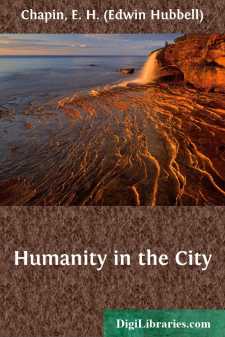Categories
- Antiques & Collectibles 13
- Architecture 36
- Art 48
- Bibles 22
- Biography & Autobiography 816
- Body, Mind & Spirit 145
- Business & Economics 28
- Children's Books 17
- Children's Fiction 14
- Computers 4
- Cooking 94
- Crafts & Hobbies 4
- Drama 346
- Education 58
- Family & Relationships 59
- Fiction 11834
- Foreign Language Study 3
- Games 19
- Gardening 17
- Health & Fitness 34
- History 1378
- House & Home 1
- Humor 147
- Juvenile Fiction 1873
- Juvenile Nonfiction 202
- Language Arts & Disciplines 89
- Law 16
- Literary Collections 686
- Literary Criticism 179
- Mathematics 13
- Medical 41
- Music 40
- Nature 179
- Non-Classifiable 1768
- Performing Arts 7
- Periodicals 1453
- Philosophy 66
- Photography 2
- Poetry 897
- Political Science 203
- Psychology 45
- Reference 154
- Religion 516
- Science 126
- Self-Help 85
- Social Science 82
- Sports & Recreation 34
- Study Aids 3
- Technology & Engineering 59
- Transportation 23
- Travel 463
- True Crime 29
E. H. (Edwin Hubbell) Chapin
Edwin Hubbell Chapin (1814–1880) was an American preacher, lecturer, and author known for his eloquent oratory and contributions to Universalist theology. He served as the pastor of the Fourth Universalist Society in New York City for over three decades. Chapin wrote several books, including "Humanity in the City" and "Moral Aspects of City Life," which addressed social issues and the ethical challenges of urban living. His works often focused on the moral improvement of individuals and society, blending religion with progressive social thought.
Author's Books:
Sort by:
THE THREE TABERNACLES And Peter answered and said to Jesus, Master, it is good for us to be here: and let us make three tabernacles, one for thee, and one for Moses, and one for Elias. MARK ix. 5. Caught up in glory and in rapture, the Apostle seems to have forgotten the world from which he had ascended, and to which he still belonged, and to have craved permanent shelter and extatic communion within...
more...
DISCOURSE I. THE LESSONS OF THE STREET. Wisdom crieth without; she uttereth her voice in the streets.—Proverbs, i. 20. The great truths of religion may be communicated to the mind and the heart in two ways—by abstract treatment, and by illustration. It must be taken up in its absolute connection with God, and with our own souls. In solitary meditation, in self-examination, and in prayer, we shall...
more...



